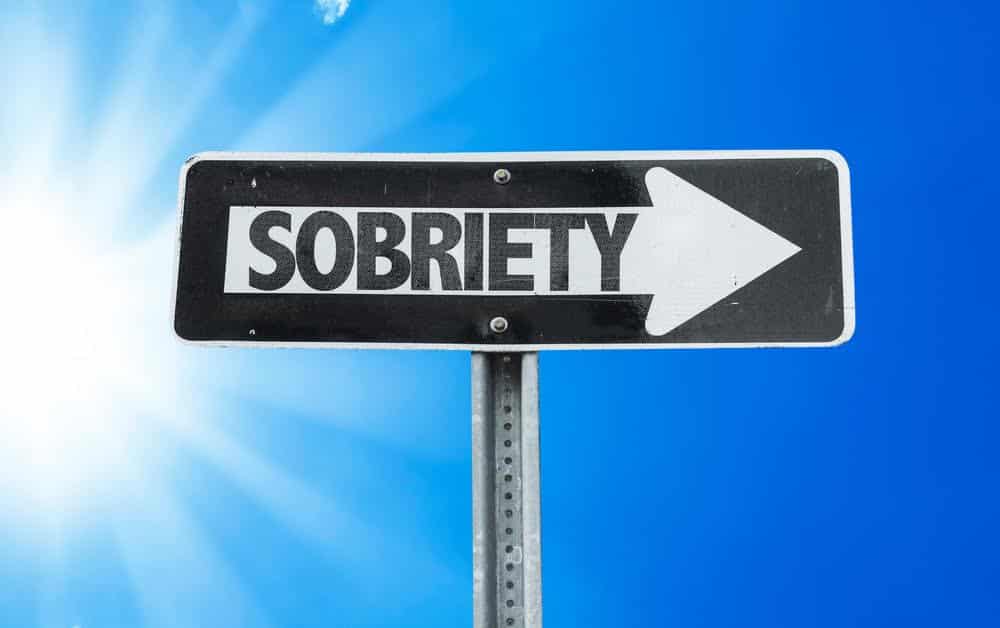Addiction is an insidious disease. While indicators may be obvious during an advanced addiction, they are often easy to conceal. According to a study conducted by the National Institute on Alcohol Abuse and Alcoholism, approximately 4 percent of Americans met the criteria for a substance use disorder within the past year, with approximately 10 percent reporting a substance use disorder at some time in their lives.
While many signs of addiction are universal, some substances generate particular side effects within the user. Such is true of alcoholism. As a legal and easily accessible substance, alcoholism is prevalent across the globe. Due to this prevalence, it is important to understand the common indicators of substance addiction in general, as well as the unique signs of alcoholism. By understanding these symptoms, you will be equipped to discern if you or a loved one is battling alcoholism.
Common Indicators of Addiction
Many signs of addiction are universal. These common indicators may be applied to any substance addiction, from alcohol to opioids to amphetamines. They include:
- Change in Appearance
If an individual has lost or gained significant weight, it is often a sign that substance addiction has developed. Being indifferent towards personal hygiene or grooming is also common among those battling addiction.
- Financial and Legal Troubles
Those struggling with a substance addiction are frequently involved in legal issues, such as arrests or receiving citations. Due to the cost of maintaining a supply of their drug of choice, financial stress is another common indicator of abuse.
- Loss of Interest
Once an addiction has fully formed, individuals often lose interest in hobbies and relationships they once enjoyed. The addiction eventually becomes the sole interest of the individual.
- Neglecting Responsibilities
Neglecting family, employment, or other fundamental responsibilities is a strong indicator of substance abuse. Once addiction has developed, the only remaining responsibility in the mind of the user is obtaining more of their drug of choice.
Signs of Alcohol Abuse
Alcoholism has a profound impact on an individual’s life and health. These signs are unique to alcohol abuse. Along with the previously listed common indicators, the following side effects are indicators that alcohol use has become an addiction.
- Short-term memory loss
Prolonged drinking leads to brain damage and shrinkage, impacting the memory and cognitive functioning. Because of this, those struggling with alcoholism typically struggle with memory.
- Physical bloating
Alcohol dehydrates the body, causing it to store excess water. Because alcohol is high in calories, weight gain contributes to bloating as well. Bloating is a frequent sign that addiction has developed.
- Bloodshot eyes
Alcohol abuse causes the blood vessels within the eyes to swell and sometimes burst, resulting in a constant bloodshot appearance.
- Irritability and extreme mood swings
Alcohol affects the brain’s dopamine regulation. Excessive or prolonged drinking consequently prevents the brain from functioning normally, resulting in extreme agitation, anger and dramatic mood swings.
- Experiencing headaches or withdrawal symptoms when not drinking
Once the brain becomes used to the constant presence of alcohol, the absence of it has adverse physical effects on the user. Headaches and nausea are the most common signs of withdrawal.
Asheville Recovery Center Can Help
Alcohol is a highly addictive substance that has the potential to cause irreversible damage when abused. It is important to seek help immediately if you or a loved one is struggling with this addiction. At Asheville Recovery Center, we provide top-quality alcohol rehabilitation in North Carolina, with treatment specialists having developed a unique, hybrid model of care which combines a traditional 12-step program with holistic rehabilitation. A multitude of services, programs, and therapies are offered, including the Partial Hospitalization Program, intensive outpatient rehabilitation, and more.
The founders of Asheville Recovery Center, as well as many of our addiction therapists, have struggled with addiction and now enjoy life in recovery. They understand the struggles of addiction and how difficult it is to overcome alone. If you feel that you or a loved one is struggling with substance abuse, our specialists are on standby and ready to help. Call (828)518-6996 and speak with an addiction expert today so you can take the first step towards a rewarding life of sobriety.










